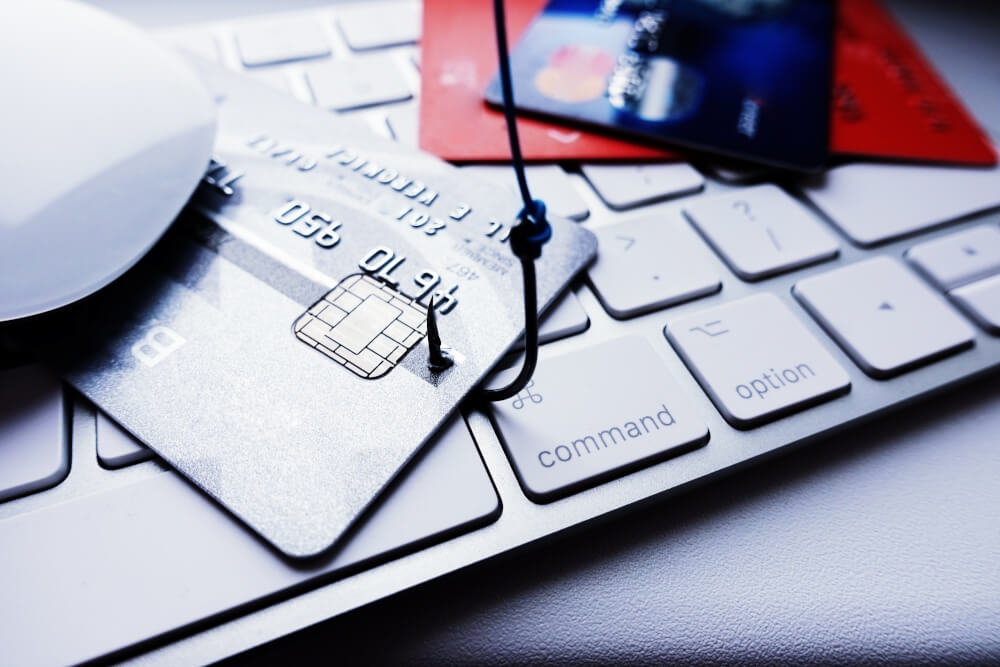Scammers and fraud on the Internet, how do I recognize it?
If you have been on the Internet for a long time you will probably already be familiar with the security risks that exist.There are many malicious people who will do their utmost to find out your personal data.Not only your name and address but especially your bank or PayPal details, so that they can do everything at your expense.You obviously don't want this to happen to you and that's why we decided to cover how you can best protect yourself against this in the blog post.
Phishing
One of the oldest and most well-known methods is Phising and this is often used in different ways, most commonly via email.Sometimes this is done so well that a Phishing mail is almost indistinguishable from a real mail.
The most common is that you supposedly get an email from your bank asking for your information, for example, it says that you must log in to verify your account.You should not log in because then these people have the details of your bank account.
Often, however, there are a few characteristics to look out for in this type of e-mail, one of the most important being to look at the opening.It is common for these types of emails not to be personally addressed, for example, the message will begin with Dear Customer instead of your name.It is also common for this type of e-mail to contain spelling errors, so it is advisable to check for these as well.
In addition, they often use threats with consequences such as taking your account offline or disabling it.It is also important to pay attention to the sender of these types of emails, for example if it is from a Gmail or Hotmail address, then you know for sure that this is an attempt to scam.
These emails often contain a link where you supposedly have to log in to a website to confirm your account.Often these websites do their best to make it look as real as possible, but as real as it may seem, in 100 percent of the cases it is not.Usually this can be seen in the links, often a letter will be replaced by another letter or a number that looks like that letter.
It can also be that the domain extension is different, think of a .com address instead of a .nl address, often these websites have no SSL certificate, so it is important that you pay attention to that.
Domain fraud
Of course it can also happen that malicious users try to take over your hosting or domain name.This is done in different ways, for example, you may receive a phone call or email from a company that claims to be your hosting company.
Usually you will hear that your domain is about to expire or that someone else is trying to register your domain with a very similar extension.Then they will ask you if you still want to renew or register this domain, the registration will only take place at a much higher price than normal.Think for example of 150 euro for a simple .nl domain.
If you have further questions about phishing or domain fraud, you can always check whether a chat employee is available. If no one is on the chat, you can always submit a ticket to our helpdesk.
